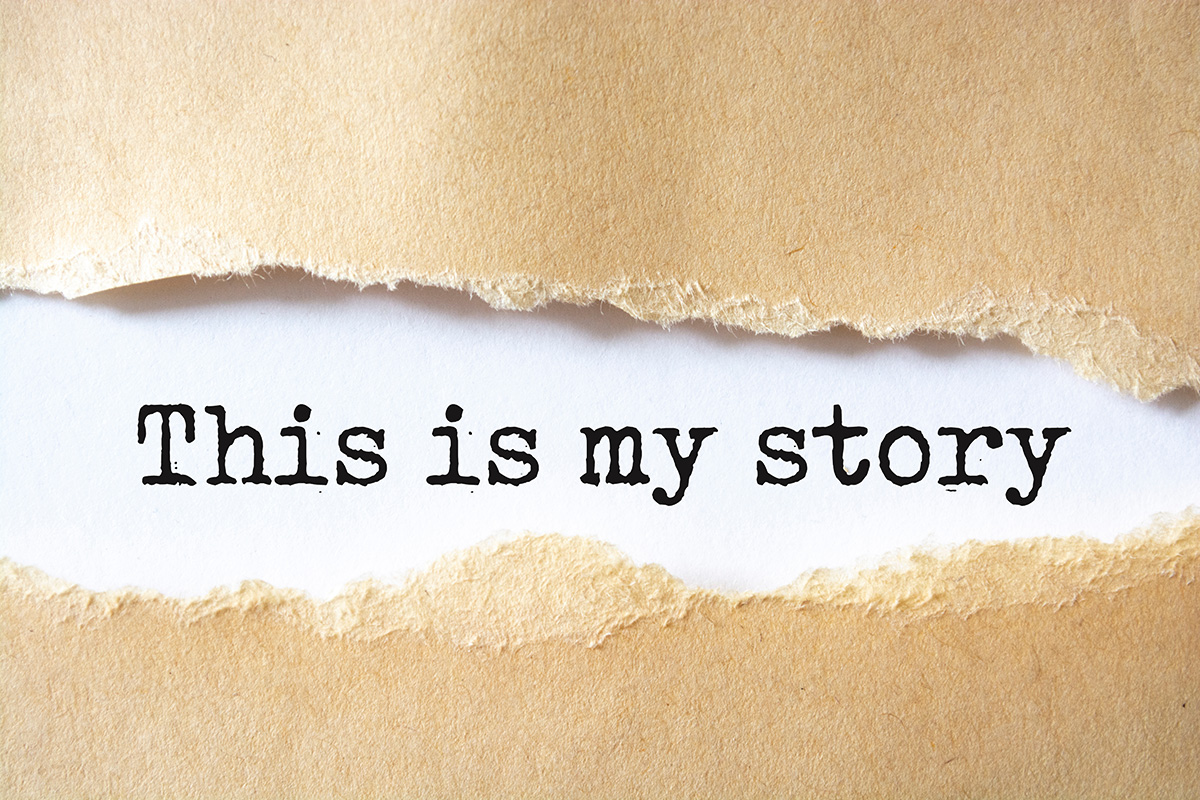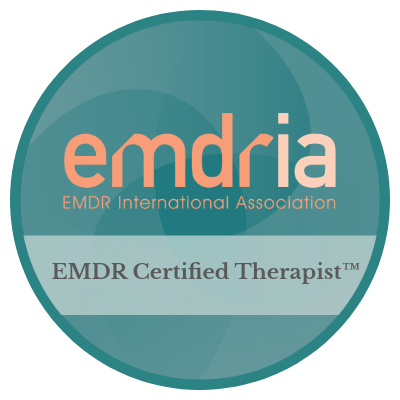
Breaking Point
My partner and I had been together for years, living under one roof and sharing a life. But one major challenge overshadowed our relationship: his teenage son. From the start, I struggled with his parenting style. He was lenient—too lenient in my eyes. He let his son get away with things that, to me, felt unacceptable. No consequences, no guidance on life skills, and worst of all, I felt like I was always coming second. It wasn’t just about discipline; it was about the time he invested in his son, time that often left me feeling invisible and unimportant.
I didn’t like myself in those moments of frustration. The anger I felt towards both of them was overwhelming, explosive even. Eventually, one of those angry outbursts led to the end of our relationship. While I knew it was for the best, I also knew that my reactions weren’t just about this relationship. Something deeper was at play.
Two Years of Talk Therapy
For two years, I engaged in regular talk therapy, trying to untangle my emotions and understand my patterns. While it helped me gain insight, I still felt stuck. Despite all the conversations and self-reflection, I couldn’t shake the overwhelming emotional reactions that seemed to arise out of nowhere. My therapist then suggested EMDR as a different approach—one that might help me process these emotions on a deeper level.
Uncovering the Triggers
During my early EMDR sessions, my therapist helped me pinpoint a pattern: my anger and resentment stemmed from a deep-seated fear of abandonment and not feeling “good enough.” These feelings weren’t new. In fact, they had been shaping my reactions for most of my life. We constructed a target list of memories that seemed to feed into this theme, and that’s when the real work began.
Reprocessing the Past
I was skeptical at first—how could moving my eyes back and forth while thinking about old memories possibly help me heal? But after a few sessions, something started to shift. I revisited childhood experiences I had long buried, moments where I had felt unseen, unimportant, and left behind. Through EMDR, I wasn’t just remembering these events; I was processing them in a way that allowed me to see them from a new perspective.
One of the most surprising revelations was how much my past was shaping my present. I had always thought my frustration with my ex’s parenting style was about him, about the way he handled things. But in reality, it was about me. It was about those old wounds—times in my childhood when I felt like I didn’t matter, like I had to fight for attention. Every time he prioritized his son over me, those same feelings were triggered, and I reacted accordingly, with anger and resentment.
A New Understanding and a Path Forward
As I continued with EMDR, my anxiety and frustration lessened. It wasn’t an overnight change, but I started to notice something incredible—I was no longer ruled by my emotional triggers. My reactions made more sense to me, and that understanding alone made a world of difference.
I also felt a surprising sense of gratitude. As painful as it was to revisit those memories, I was thankful to be resolving them now rather than carrying them forward into future relationships. I was creating a new narrative for my life, one that didn’t revolve around feelings of abandonment or inadequacy.
Moving On with Clarity
I won’t pretend that everything is perfect now, but I can say with certainty that I feel lighter. I have a newfound awareness of my emotions, my reactions, and most importantly, my past. EMDR therapy has given me the tools to move forward without the weight of old wounds dictating my future. It has given me the courage to face difficult situations and overcome them rather than remain in negative patterns
For the first time in a long time, I feel like I am truly healing. I love and respect myself more than ever before. And these things give me hope for a brighter future



